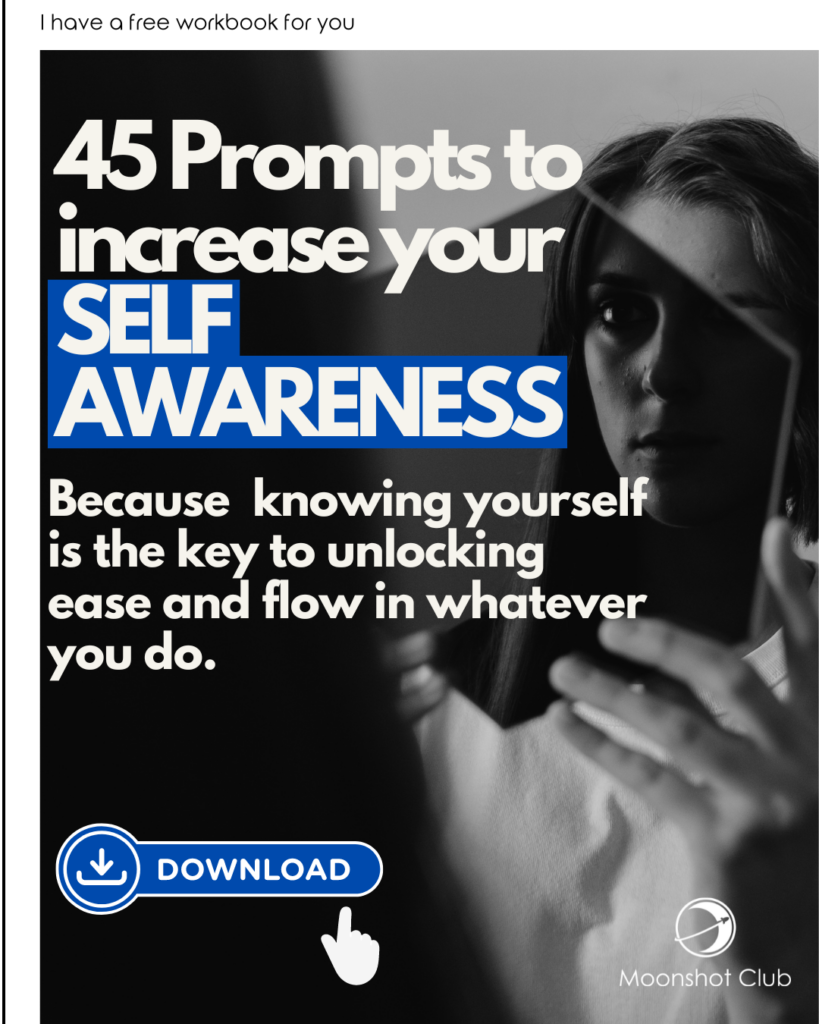How Well Do You Know Yourself?
Most of us think we know ourselves pretty well. After all, we spend all our time with ourselves, right? However, true self-awareness is actually quite rare. Many of us only know the surface-level details, like our love for morning coffee or our enjoyment of family activities. But what about the deeper aspects of who we are?
The Importance of Self-Awareness
Self-awareness involves understanding your strengths and weaknesses and creating strategies to use them effectively. It means realizing how your thoughts connect to your emotions, knowing what you truly value and prioritize (rather than what you think you “should”), identifying your limiting beliefs, and figuring out your motivations. It also includes mindful decisions on using your personal resources and how you fit into different environments, relationships, and situations. All of these elements are part of being self-aware.
Self-awareness, on its own, doesn’t change who you are; it provides clarity and insight into how you operate. Many people find that self-awareness is the first step to change. After all, the first step in any process is identifying and admitting the truth to yourself. Ultimately, self-awareness opens the door to self-acceptance, self-love, and even reinvention.
When we see ourselves clearly, we can be more intentional in our actions. We can make decisions that are aligned with our values, influence others courageously, communicate more effectively, and build more authentic relationships. Improving our emotional intelligence and redirecting our actions to achieve the outcomes we desire. We can pinpoint our passions and use our self-knowledge to create a life we love.
Cultivating Self-Awareness

Self-awareness doesn’t just happen. It takes time, introspection, and constant review. It’s not a onetime event. To be truly self-aware, you must develop a habit of self-examination. This involves asking “why” in everything you do and understanding the reasons behind your actions, feelings, interactions, beliefs, and thoughts.
Initially, you may need to schedule time to examine your actions. Journaling or reflecting on your day, including deeper analysis of “why”, can be very useful. This is where journal prompts can be beneficial.
Eventually, this will become routine, and the prompts will be unnecessary. At some point, you will just know yourself and make decisions more quickly, establish boundaries, and navigate your life confidently aligned with your authentic self. While you may still need to check in and revisit your self-awareness, it will become a subconscious habit. Until then, use our free prompts, find others online, or create your own.
What's Next
Self-awareness is the key to everything in life. By exploring the 45 prompts provided, you are already on the path to understanding yourself better and making more intentional decisions. Although self-awareness is a large part of transformation, implementation, guidance and support can make all the difference.
If you’re ready to take your journey to the next level, consider working with a coach who can provide personalized insights, strategies, and accountability. Look for a coach who will help you create a plan for your life. One who will give you the level of tough-love and cheerleading that motivates you. Choose someone you like talking to in a program that gives you the level of support you need to make the change that you want. Whatever you do, don’t give up.

